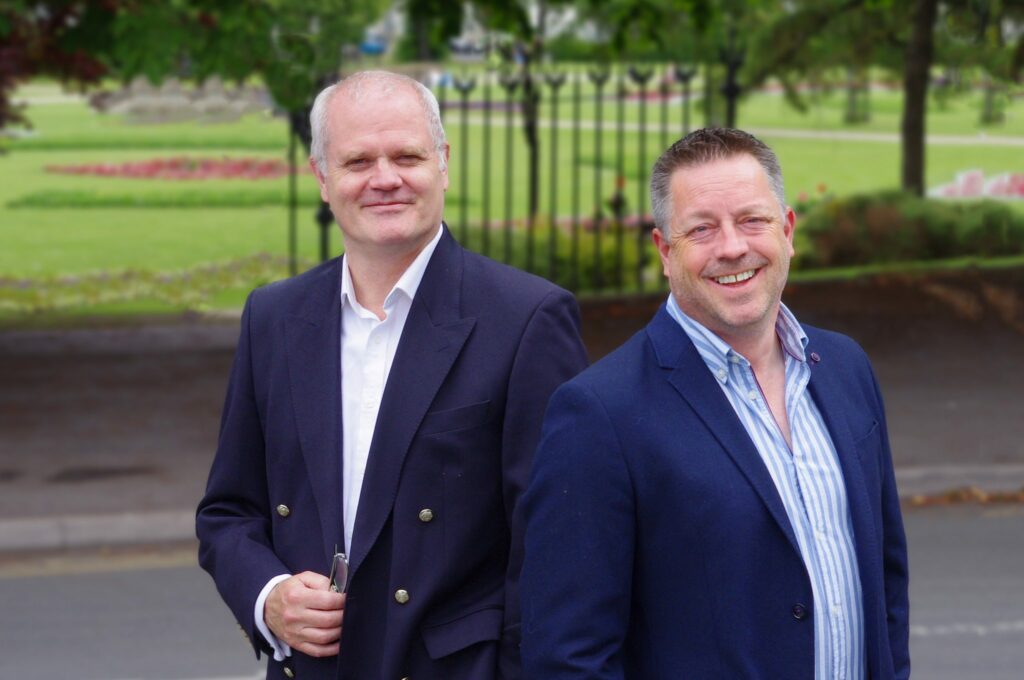Infrastructure, adoption and innovation needed to deliver South West Smart Region

Tech experts believe a high-profile, socially beneficial smart scheme is rapidly needed to accelerate fear the West’s opportunity to maximise opportunities of the digital revolution.
That’s the conclusion reached by cloud computing consultants Commwise Group, which today released a white paper laying out advice on how authorities can accelerate the much discussed vision of a smart region for the South West and South Wales.
The Cheltenham-based consultancy cites a number of administrative and strategic initiatives which it believes could position our region ahead of neighbouring areas as digital leaders.
Primary among these is the lack of necessary digital infrastructure – a core fibre spine running throughout what is currently described as a “poorly served” region.
The main issue here is the disparate concentration of population throughout these regions, a factor which also relates to the second main concern in pursuing our digital future – the importance of collaboration between sub regions across the West.
Third up is perception, of a lack of communicated strategy and direction which is vital to buy-in for incremental improvements needed to achieve the vision of a smart region. Commwise Group believes that “small wins” are key here – some high profile public schemes to get businesses and the public on board.
Simon Holmyard, CEO of Commwise Group, said: “We could soon see cyber technology, the IoT, artificial intelligence and machine learning driving development in sectors including energy, transport and parking, homebuilding and energy, as well as in leading regional businesses in, for example, aerospace and defence.
“But of course, to succeed in a competitive space takes significant investment, clarity of vision and genuine collaboration across sectors and geographies.“Our Western region – attractively rural, also well-connected – surely has a unique opportunity to capitalise on recent trends. Time will tell whether the Covid-19 pandemic is the catalyst which will, in the UK at least, reverse 200 years of population migration to urban centres.
“However, there can be no doubt – recent rural house price hikes are one demonstration of this – that many are now recognising the appeal of living and working in the UK’s more rural areas. “Yet from a networking point of view our region is poorly served.”
According to Paul Brooker, EMEA Senior Sales Director Business Development & Acquisition at communications giant Zayo and preferred supplier of Commwise Group, proper digital infrastructure is key to driving economic development and, by association, social value.
“Businesses who may be interested in moving to the South West or South Wales need to be able to move data around,” he says. “It’s all very well having the IoT technology and 5G connectivity, but without the infrastructure – it won’t work.
“Clearly London, the Thames Valley and the Home Counties are really motoring. Liverpool and Manchester have both done something, Leeds and Newcastle have too, and Birmingham is starting to get on the bandwagon.
“However south of Birmingham, the core arteries aren’t there. Attracting investment is a challenge due to the lack of heavy concentrations of homes or businesses to make digging in the fibre a valid business case.
“What Zayo is looking to do is create a core spine through Bristol, up to Cheltenham and Gloucester, Worcester and on up through Birmingham, connecting enterprises to our network and, as we grow, penetrating local areas too.”
In January, Oxford Economics produced the Western Gateway Economic Position Statement, which provides a telling insight from respondents about the challenges over perception and regional collaboration in achieving this smart region vision.
Mr Holmyard said: “While we recognise the challenges of working across a diverse area, even across borders, Commwise Group would suggest that current goodwill will be bolstered by early roll-out of a small handful of projects which demonstrate the manifold benefits smart technologies can bring.
“Our region is unique. It’s the most pleasant area of the country, stretching to within touching distance of the UK’s two largest urban hubs and one further capital city. “With employment trends resulting in a widespread desire to move to areas of optimal life quality, this region has a fabulous opportunity to achieve something really special in a digital future”.
“However, the paradox is clear. What makes the South West and Wales an attractive set of destinations in which to live and work – the semi-rural conditions with convenient and simultaneous proximity to leisure destinations and major urban hubs – is also part of the reason it is hamstrung by lack of digital progress”.
“So while improvements to motorways and housing developments serve a purpose, we believe attention needs to be on our information highways, the lack of infrastructure, and localised data resources. Only then will this region achieve the potential which we all know is there.”













